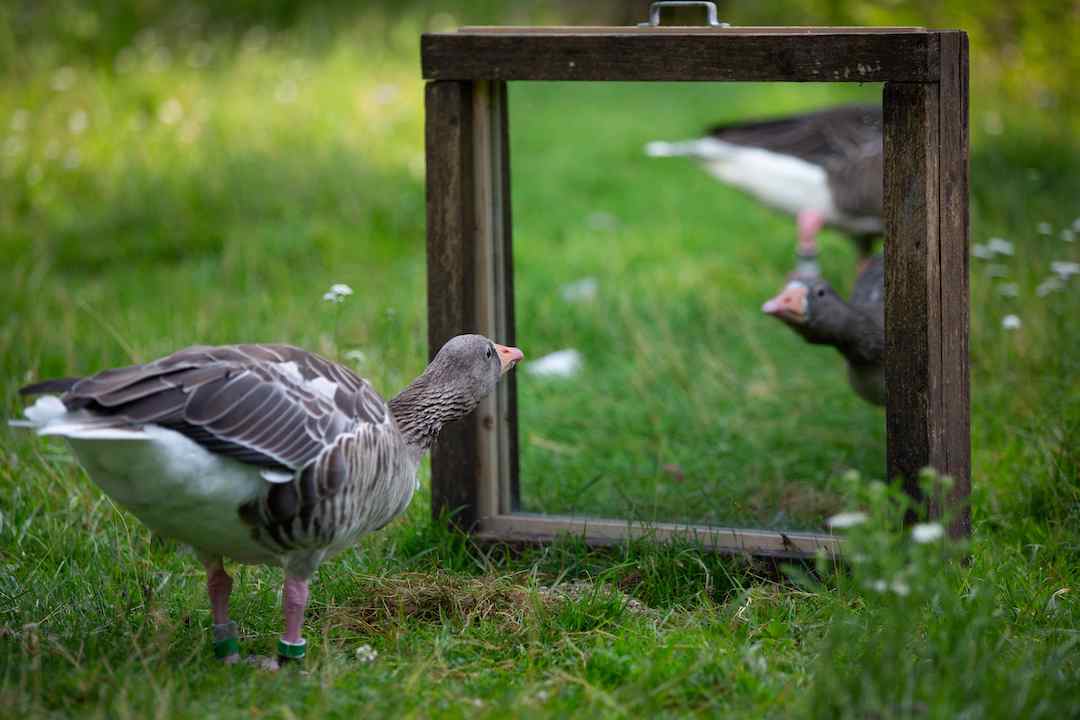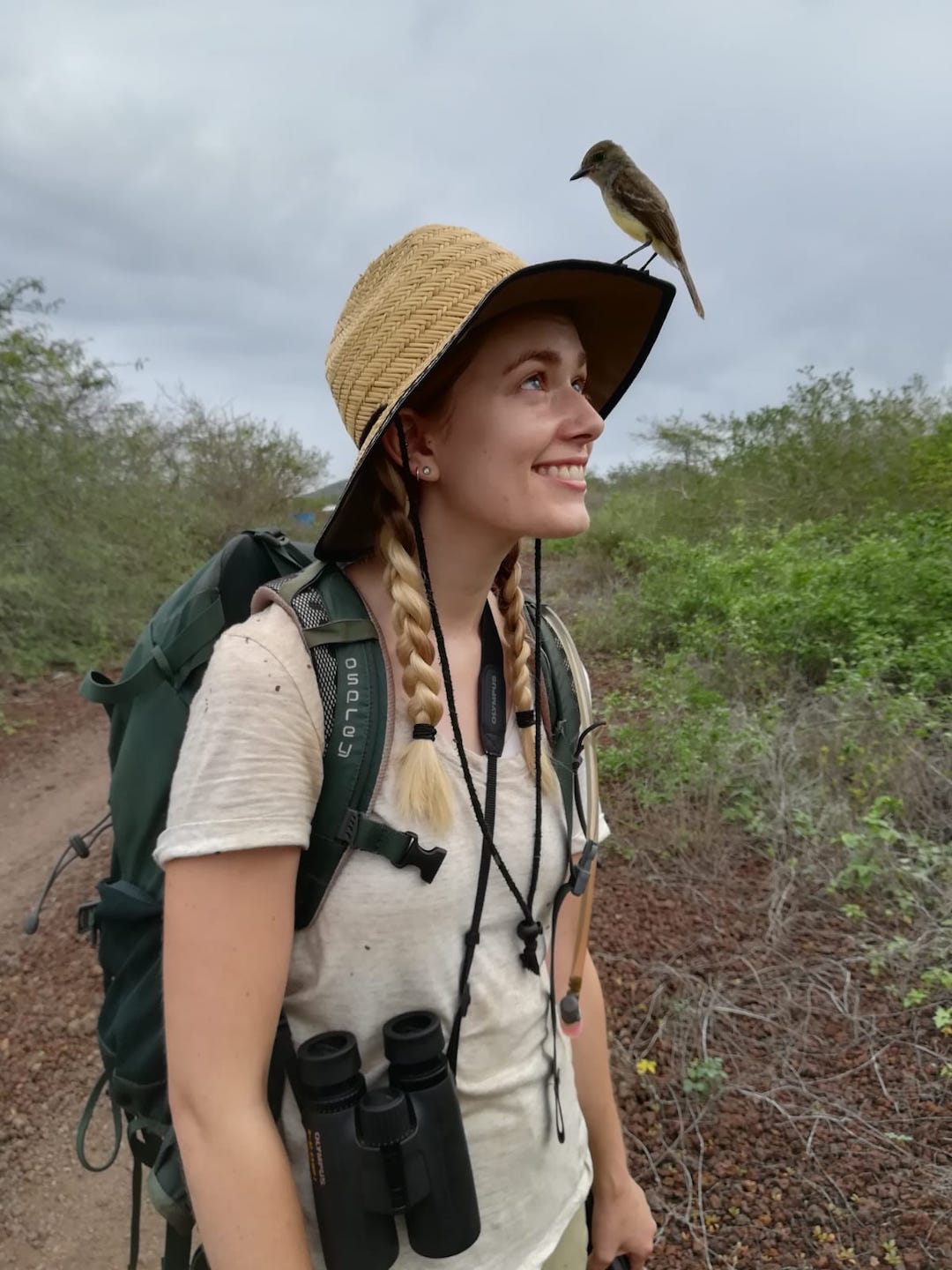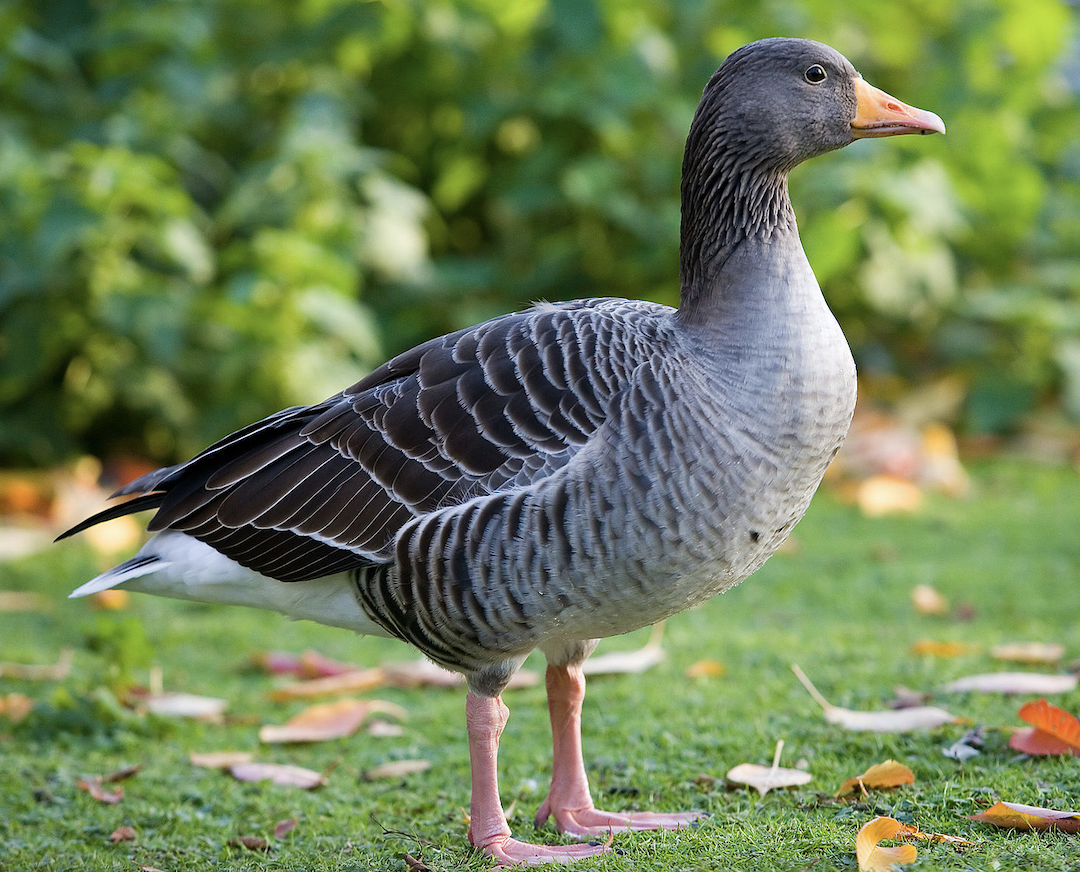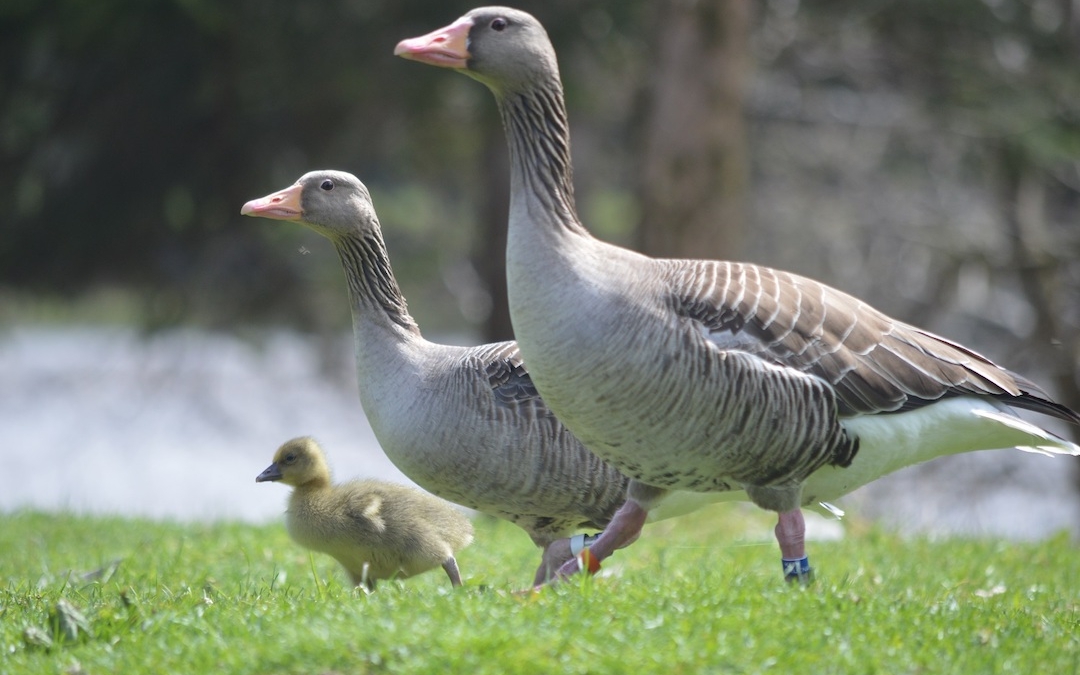A new study has found that certain traits in geese can lead to better breeding success.
Bird behaviour experts from Flinders University and the University of Vienna studied a group of captive greylag geese to determine the reproductive benefits of well-matched couples. They found that those with similar levels of aggressiveness and boldness tended to have greater hatching success, with interesting implications for breeding in the future.

Goose Aggressiveness Mirror Test. Photo courtesy Mariia Klymenko (Vienna)
Glorious geese
Greylag geese are the most common species, typically found in Europe. The ancestor of most domestic farmyard geese, they are identifiable for their orange beak, cream and brown feathers, and a large wingspan of around 147-180 cm.
According to The Wildlife Trusts, they tend to be territorial while nesting but become highly sociable after the chicks have hatched, sometimes even grouping with other families. The geese often graze in pastures and meadows, eating grains, roots and vegetation.

Lauren Common, Flinders University PhD candidate
A bold personality
The article, published in the Animal Behaviour journal, included data from a flock of more than 100 habituated greylag geese, who were studied over three breeding seasons.
The team used repeated behavioural assays to measure three personality traits: activity, boldness and aggressiveness. This was then linked to three measures of reproductive output: clutch size, hatching success and fledging success, to determine whether similarities between partners positively impacted results.
“Like in humans, the personality of both parents and their similarity in personality traits can influence their success as parents,” says Lauren Common, a Flinders University PhD candidate now based at the Konrad Lorenz Research Centre for Behaviour and Cognition, University of Vienna in Austria.
“Successful pair bonds where partners were similar in their boldness, mainly by responding to risky situations in the same way, can have higher hatching success.”
However, the researchers found no evidence to suggest that pairs within the flock mated due to a similarity in personality. This means that while well-matched couples had higher hatching success, the geese weren’t pairing up with this intention.
“This bold parenting style can lead to consistency and responsiveness, which can result in successful reproductive output and survival of young and fledgeling success,” says Lauren Common.

Fájl: Greylag Goose – St James’s Park, London – Nov 2006
Partnering for success
According to University of Vienna Professor Sonia Kleindorfer, founder of the BirdLab as the College of Science and Engineering at Flinders University, similarities between male and female partners supported thermal stability and protection from predators during incubation.
“In species with biparental care and monogamy, reproductive output and success may be influenced not only by the personality of each individual but also by the behavioural compatibility of the pair.”
“This kind of pairing in greylag geese is linked to their well-developed cognitive capacity and social awareness and individuals consistently differ in personality traits such as boldness, aggressiveness, sociability and other behavioural traits.”
While animal personality used to be seen as a figment of human creation, Professor Kleindorfer emphasises that an increasing amount of research indicates it is rooted in fact.
“This study adds to a growing body of work showing that animals such as greylag geese have consistent individual differences in behaviour, also called personality,” she says.
“But more than that, personality traits in animals can be linked to successful love matches and reproductive success. Therefore, these traits may be targets of natural and sexual selection.”
To read about how experts are counting flamingo populations using AI, click here.

